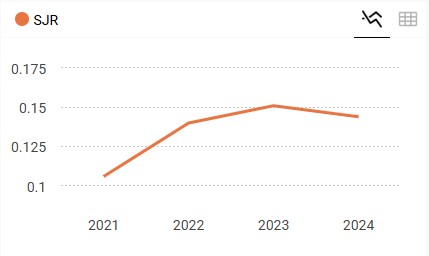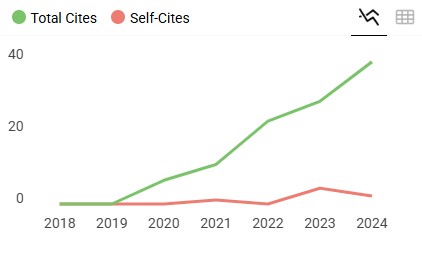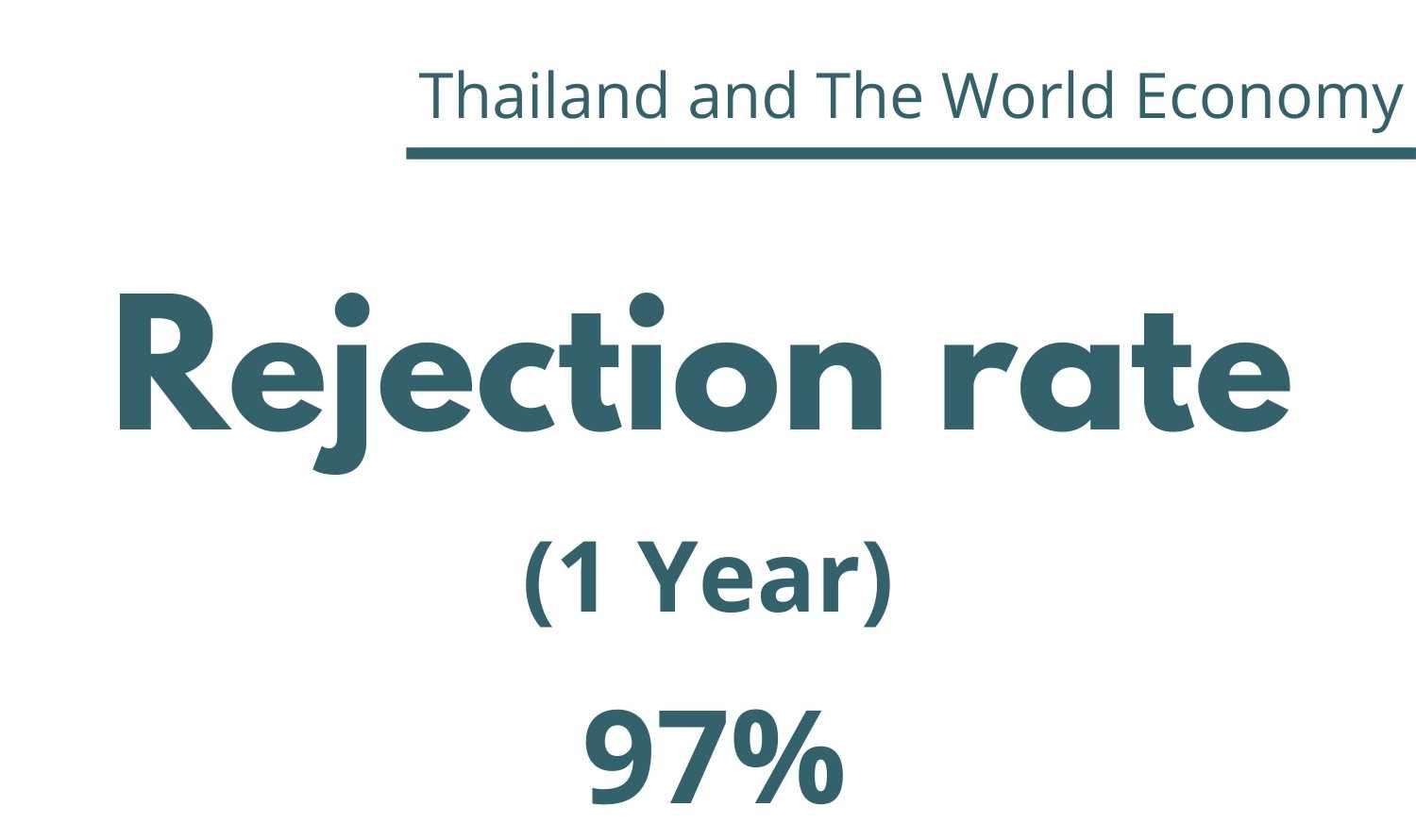คอร์รัปชั่นกับขนาดที่เหมาะสมที่สุดของรัฐบาล
Abstract
According to Barro (1990), the optimal size of the government sector is the size that guarantees to the maximum rate of economic growth. Because Barro has ignored the existence of corruption, this paper extended the Barro growth model by adding two assumptions. Firstly, the government official corrupts according to the theorem of Two-State Markov Chains. Secondly, in this context, corruption is equivalent to providing the public services less than those indicated in the government budget. This extended model predicts that corruption does not affect the optimal size of the government sector. On the other hand, corruption leads to the reduction in the maximum rate of growth. The size of this negative impact is due to (1) the ability for creating the corruption networks (2) the corruptible ability of a government officer.
References
2. ธีรภัทร์ เสรีรังสรรค์ (2549). นักการเมืองไทย: จริยธรรม ผลประโยชน์ทับซ้อน และคอร์รัปชั่น(กรุงเทพมหานคร: สำนักพิมพ์สายธาร).
3. นวลน้อย ตรีรัตน์และคณะ (2543). คอร์รัปชั่นกับการค้าระหว่างประเทศ (กรุงเทพมหานคร: เอดิสันเพรส โปรดักส์ จำกัด).
4. นวลน้อย ตรีรัตน์ และกนกศักดิ์ แก้วเทพ (2545). การต่อต้านทุจริตยาภาคประชาชน (กรุงเทพมหานคร: บริษัท พี. เพรส จำกัด).
5. ปิยะ รัตน์วงศ์วิรุฬห์ (2543). การใช้จ่ายรัฐบาลกับการเจริญเติบโตทางเศรษฐกิจ, วิทยานิพนธ์ เศรษฐศาสตร์มหาบัณฑิต, คณะเศรษฐศาสตร์, มหาวิทยาลัยธรรมศาสตร์.
6. ผาสุก พงษ์ไพจิตร และนวลน้อย ตรีรัตน์(2546). คอร์รัปชั่น ค่าเช่า และพัฒนาการเศรษฐกิจ. วารสารเศรษฐศาสตร์ธรรมศาสตร์, 21(4), หน้า 1-29.
7. Aidt, T., Dutta, J and Sena, V. (2005) Growth, Governance and Corruption in the Presence of Threshold Effects: Theory and Evidence, Cambridge Working Papers in Economics 540.
8. Aminur, R., Gregory K. & Kapil, K. (2000) Estimating the Effects of Corruption: Implications for Bangladesh. Working Paper Series With Number 2479, The World Bank.
9. Anoruo, E. & Braha, H. (2005) Corruption and Economic Growth: The African Experience. Journal of Sustainable Development in Africa, 7(1), pp. 1-12.
10. Baliamoune-Lutz, M. & Ndikumana, L. (2008) Corruption and Growth: Exploring the Investment Channel. Working Paper Series With Number 2008-08, University of Massachusetts Amherst.
11. Barro, R. J. (1990) Government Spending in a Simple Model of Endogenous Growth, Journal of Political Economy, 98(5), pp. 103-125.
12. Barro, R. J. & Sala-I-Martin, X. (1995) Economic Growth (New York: Macgraw-Hill).
13. Heckelman, J.C. & Powell, B. (2008) Corruption and the Institutional Environment for Growth. Research Working Paper No. 2008-6, Suffolk University.
14. Hodge, A., Shankar, S., Rao, P. & Duhs, A. (2009) Exploring the Links Between Corruption and Growth. Discussion Paper No.392, The University of Queensland. Australia.
15. Mauro, P. (1996). The Effects of Corruption on Growth, Investment, and Government Expenditure. IMF Working Paper Series With Number WP/96/98, International Monetary Fund.
16. Mironov, M. (2005) Bad Corruption, Good Corruption and Growth. Working Paper, University of Chicago.
17. Nzue, F.F. & Nguessan, C.J. (2006) The Causality Between Corruption, Poverty and Growth: A Panel Data Analysis. SISERA Working Paper Series 2006/1.
18. Pasuk Phongpaichit and Sungsidh Piriyarangsan (1994) Corruption and Democracy in Thailand (Bangkok: Silkworm Books).
19. Pellegrini, L. & Gerlagh, R. (2004) Corruption’s Effect on Growth and Its Transmission Channels. Kyklos International Review of Social Sciences, 57(3), pp. 303-472.
20. Sarkar, H. & Hasan, M.A. (2001) The Impact of Corruption on the Efficiency of Investment: Evidence From a Cross-country Analysis. Asia-Pacific Development Journal, 8(2), pp. 111-116.
21. Sujjapong, S. (1990) Optimal Fiscal and Monetary Policy in a Cash-in-advance Growing Economy, Dissertation for The Doctor Degree, The Ohio State University.
22. Tanzi, V. & Davoodi, H.R. (2000) Corruption, Growth, and Public Finances, IMF Working Paper Series With Number WP/00/182, International Monetary Fund.
23. Ross, S. (2202) A First Course in Probability (Upper Saddle River, NJ: Prentice-Hall).










